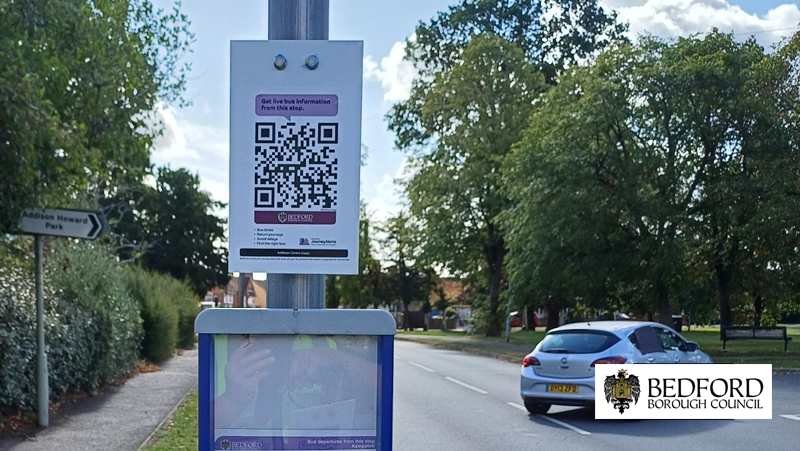Journey Assistant - an accessible transport revolution
Because apps and smart phones aren't always the answer

Journey Assistant - a revolution in personal mobility
For some time, the provision of information and services has often been offloaded onto an app, in the mistaken assumption that everyone who needs that information will a) have a smartphone b) have data and storage space and c) be happy to proactively seek information directly from an app.
The transport space has been particularly bad at this, exasperated by the poor quality apps that we see rushed out by transport operators and organisations, often simply clones of each other with a different logo, and rarely providing more than a simplistic ticketing experience or journey plans. Worse, some resort to lazy implementations of google maps or other journey planners without even customising them. On average, only 10-15% of regular users across Europe rely on an operator app - and the other 10-15% rely on google maps. So what's going on?

The answer to that is complex. The poor quality of transport operator apps certainly doesn't help, but it's more than that - it's a failure to understand what people need, expect and deserve from their public transport networks. More, it's a failure to understand that not everone has £1000 of Apple in their pocket, the money to pay for data, the ability to charge to replace the battery drain, or the physical and cognitive abilitiy to use a badly designed app that requires myriad inputs to get an answer.
In short, people just want to know what's going on and how to avoid any problems before it's too late
Over 10 years, we have researched this with some important partners, from the NHS to Dementia and accessibility charities, and we discovered two vital themes that were present in every single research programme.
- People wanted to be told what was happening, not look it up. They wanted instructions, not data.
- Many people didn't have a smart phone, or couldn't use an app to do this.
- the challenges of coverage, battery life, data, storage and cost all meant that some people wouldn't travel at all
Thats why we invented Journey Assistant - a portable device that just tells you what you need to do now, and next.




